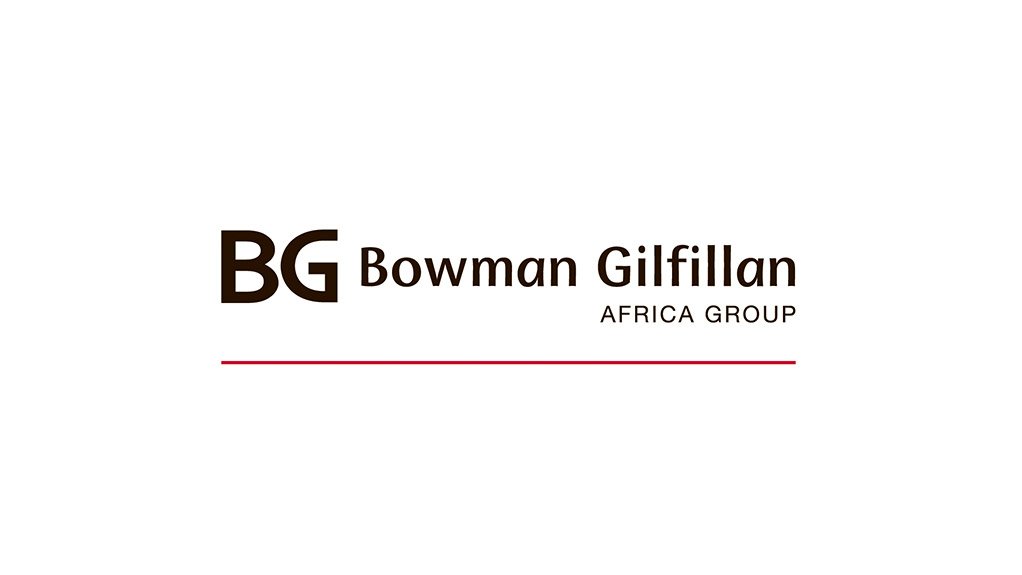The role of legal practitioner in the mediation process begins with the incorporation of the dispute resolution clause into an agreement between the parties. Thereafter, should a dispute arise or should an existing dispute not be resolved, the legal practitioner may assist in choosing and appointing a mediator, facilitating negotiations with the other side as well as ensuring that the client retains the option to proceed with a more traditional dispute resolution solution either at the same time as or post mediation.
The legal practitioner may also assist in drafting the terms of reference of the meditation and preparing the reading material for the mediator. The legal practitioner may accompany the client to the mediation and speak on behalf of the client during the mediation and/ or assist in explaining the position to the mediator. At the conclusion of the mediation process, the legal practitioner will draft the settlement agreement and may approach the court to make the agreement an order of court.
One of the key benefits of adopting mediation as a dispute resolution mechanism is its flexibility in terms of procedure. Parties have the ability to agree on their own operating procedure and rules of engagement. For instance, parties appoint a mediator in accordance with the procedure that they have agreed. The choice of mediator will depend greatly on the subject matter of the dispute in some instances as well as the parties’ preferences. To ensure that the inflexibility and informality does not result in an ineffective mediation, parties will conclude a mediation agreement prior to the commencement of the mediation.
Depending on the circumstances, it may be prudent for the parties to employ attorneys to draft this agreement. Attorneys are not required at the mediation hearing, but parties may find it helpful to have them present in order to discuss the consequences of any settlement made and whether any future rights may be impacted. Moreover, should attorneys draft a settlement agreement or consent order at the conclusion of the mediation, it may be easier to do so if they are present at the hearing. The attorney may play an important role in the exchange of information and opinion on fact, evidence and law. Attorneys may also be present purely to support their clients.
In some cases, the parties will have pre-mediation meetings with the mediator prior to the mediation session.
On the day of the mediation, the procedure may vary depending on the mediator and nature of the particular dispute. Some mediators may wish to meet with each party independently before bringing both parties together for further discussions in order to synthesise the key issues or determination.
Other mediators may prefer to meet with both parties and then discuss the issues with each party privately. Thereafter the parties will reengage with a clear set of issues for determination. There may be further independent meetings and/ or breakaways during the course of the mediation as proposed by the mediator and/ or agreed between the parties.
Many accredited organisations that provide panels of mediators, such as the Centre for Effective Dispute Resolution, publish a standard model mediation procedure that may be used and adapted by the parties as required.
Written by Lana Jacobs, associate, Bowman Gilfillan Africa Group's Shipping & Logistics Practice
EMAIL THIS ARTICLE SAVE THIS ARTICLE
To subscribe email subscriptions@creamermedia.co.za or click here
To advertise email advertising@creamermedia.co.za or click here











